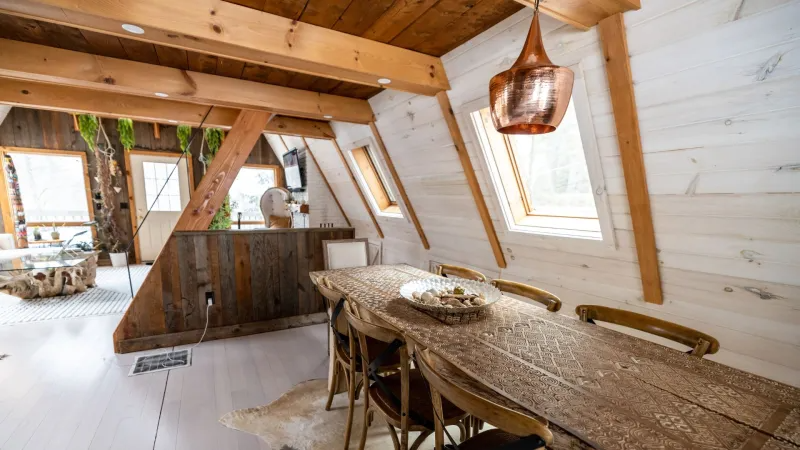
Did Airbnb perpetuate the housing crisis?
In the early days of the coronavirus pandemic, Canada’s rental market cratered, particularly in major urban centres. Many of the large cities, like Toronto and Vancouver, saw condominium units flood the housing market, creating a crash in apartment rents, something that had not been seen in years.
It was a remarkable time to be both a renter and a buyer. The former witnessed a reduction in rents, while the latter enjoyed historically low interest rates.
Fast forward to October 2023, rents are soaring, and the average five-year fixed-rate mortgage is north of six percent.
Indeed, Canada’s rental market has been climbing through the roof in the last couple of years. According to October data from Rentals.ca, the average price for a one-bedroom apartment in Vancouver, British Columbia, was close to $3,000. In Toronto, it was around $2,600 for a one-bedroom unit.
Suffice it to say, it is rough out there for everyone, from families to young Canadians who are already struggling in an inflationary environment.
As is typically the case in these types of scenarios, the public needs to find a scapegoat. And they found one: Airbnb.
What is the truth anyway? The reality might be different than what the narrative is being peddled.
Is Airbnb Really Causing the Housing Crisis?
Critics will assert that players in the short-term rental market caused the challenges renters face today.
Others point to studies, like one report from the Conference Board of Canada, that suggest activity levels through Airbnb and its industry rivals did not create the astronomical rents recorded in today’s climate.
“We tested for a causal link between Airbnb activity and rent increases between 2016 and 2022 across 330 neighbourhoods in 19 Canadian cities,” the Conference Board study stated. “We find no compelling evidence that the level of Airbnb activity had a meaningful impact on rents."
Of course, despite the idea of two sides having a story, media reports suggest that the federal government is looking at potentially limiting how many Airbnbs will be allowed in the housing market.
The reality of the situation is that landlords generally feel safer using Airbnb rather than rental boards. A chorus of Canadian real estate market experts and landlords suggest that these entities are a disaster for residential property owners.
Some critics will purport that the rental boards, like the Landlord and Tenant Board in Ontario, are biased against landlords. And based on various reports, tenants often abuse the system because they know the officials will rule against landlords.
The other facet in this discussion surrounding Airbnb’s impact on the housing market is that many landlords no longer consider this to be a profitable endeavour.
There is tremendous market saturation, operational costs have surged, and local regulations are stifling landlords. Additionally, landlords are taking advantage of the various platforms available in the open market.
One more thing: A growing number of polls have found that individuals often prefer hotels, considering that Airbnb has become too costly for the typical person. This is a complete turnaround from just a few years ago when Airbnb first launched. Users would find it far cheaper and more convenient than a traditional hotel – the hotel lobby responded through innovation and lobbying public policymakers.
Ultimately, more landlords are ditching the short-term rental platform, meaning fewer listings exist on Airbnb and other comparable websites.
And yet, rents are still rising in Toronto, Vancouver, and other places across the country.
Are Regulations Helping or Hurting?
Are more regulations needed? Are the current rules in place enough for the rental market?
Indeed, various jurisdictions across Canada are imposing new rules and regulations surrounding short-term rentals, impacting companies like Airbnb.
In Toronto, for instance, city officials have established a registry of short-term rental landlords. Moreover, the outlined rules mean that an Airbnb landlord must be the principal residence owner, and entire home rentals will be capped at 180 days per year.
Vancouver maintains similar rules: short-term rentals can only be offered by an operator of the housing unit in which he or she resides.
Whatever your position may be, it is still imperative for governments to understand the housing market situation. Dale-Johnson, the Stan Melton executive professor in real estate at the University of Alberta, recently told Radio-Canada that gathering as much information as possible is crucial.
“Given increasing immigration and the shortage of housing that we anticipate going forward, it’s extremely important for local governments to know what’s happening to their housing stock,” Dale-Johnson said.
Originally published on the RE/MAX Canada Blog.